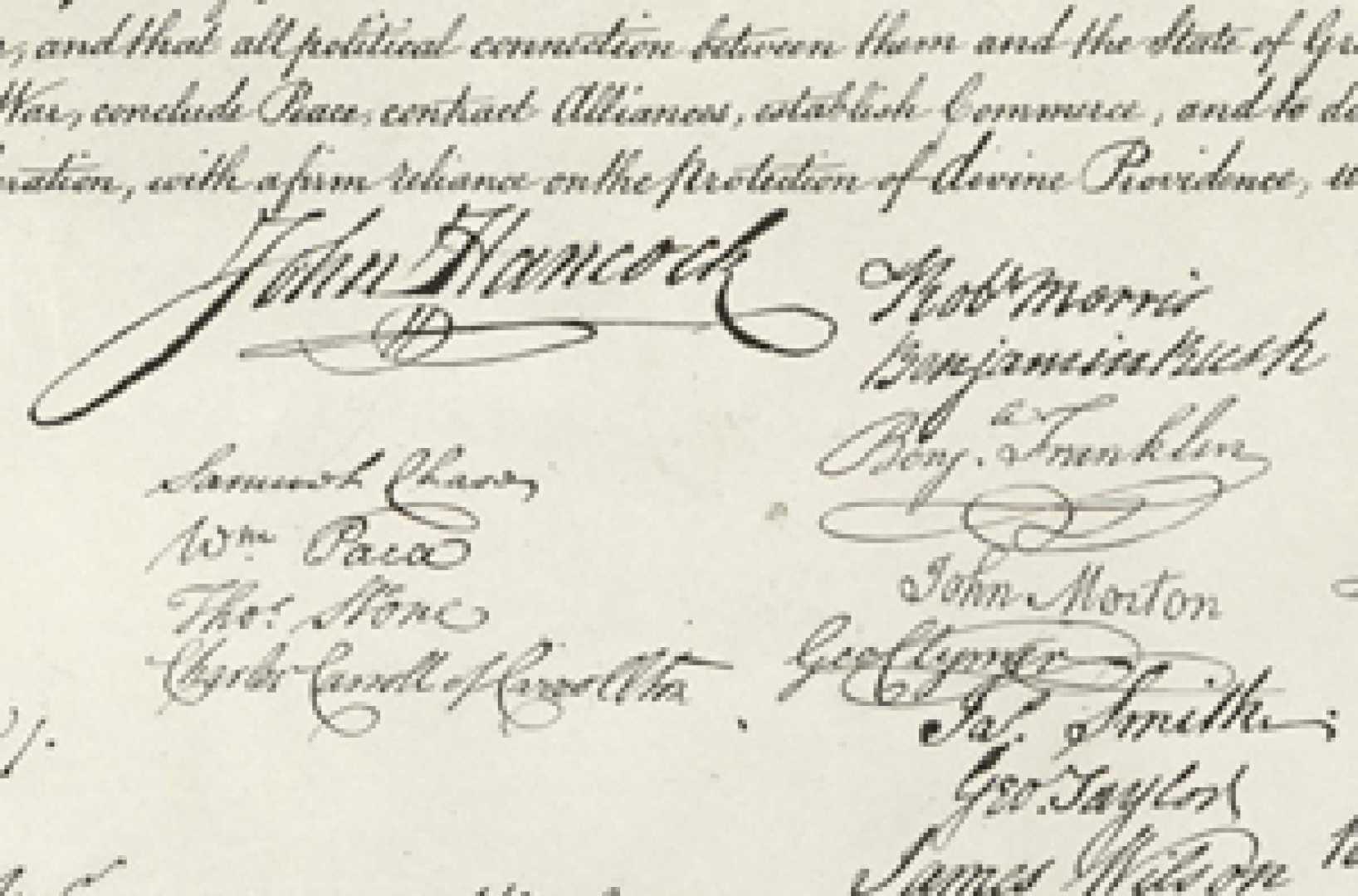News
Commemorating the Bill of Rights: A Historical and Contemporary Perspective

As the United States approaches Bill of Rights Day on December 15, it is a timely moment to reflect on the significance and history of the first ten amendments to the U.S. Constitution. These amendments, collectively known as the Bill of Rights, were ratified on December 15, 1791, and have since become a cornerstone of American democracy and civil liberties.
The idea of a Bill of Rights was not new even in the late 18th century. State constitutions written during the American Revolution had already established key rights such as the right of conscience, the right to a local impartial jury, and due process rights. States like Virginia, Delaware, Pennsylvania, Maryland, North Carolina, Massachusetts, and New Hampshire included prefatory declarations of rights in their governmental frameworks.
The need for a federal Bill of Rights arose during the Constitutional Convention in 1787. George Mason, who refused to sign the Constitution, emphasized the absence of a declaration of rights, particularly concerning the liberty of the press, trial by jury in civil cases, and the danger of standing armies in times of peace. James Madison, a key proponent of the Constitution, later supported the addition of a Bill of Rights to address these concerns and to conciliate opponents who sought revisions to the Constitution.
The process of adopting the Bill of Rights involved significant debate and negotiation. Madison proposed 17 amendments, which were reduced to 12 by the Senate. These amendments were then submitted to the states for approval, with ten ultimately being ratified. The Bill of Rights incorporated elements of English common law and colonial due process traditions while shedding feudal and monarchical features, reflecting a distinctly American understanding of rights.
Today, the Bill of Rights continues to play a vital role in American society, protecting freedoms such as freedom of speech, freedom of the press, and the right to a fair trial. As Brevard County considers becoming a Bill of Rights Sanctuary County, it highlights the ongoing relevance and importance of these constitutional protections in contemporary American life.












